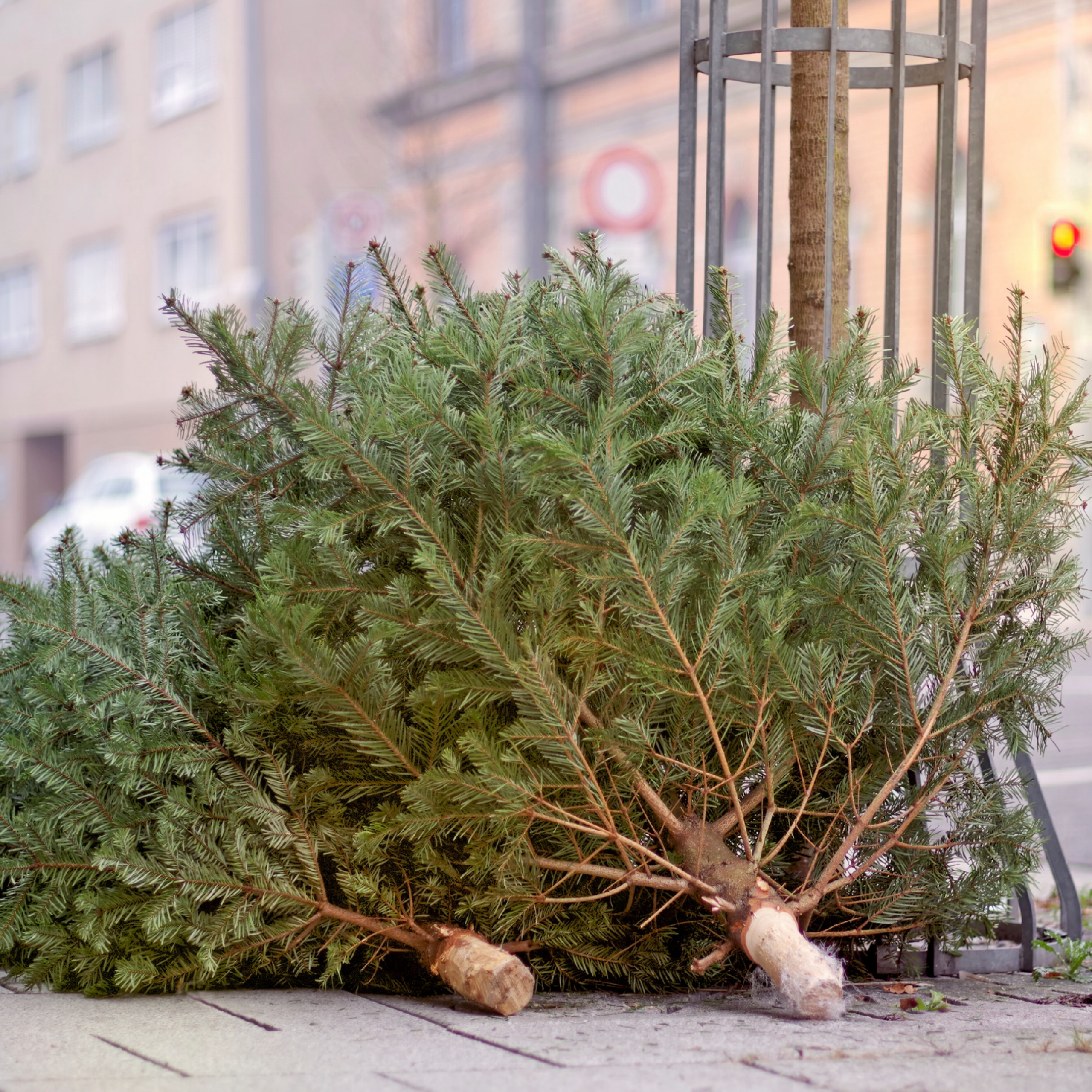Saint Knut’s Day Marks the End of Yuletide Festivities 1 As the twinkling lights fade and the aroma of gingerbread begins to wane, a unique Scandinavian tradition steps into the spotlight, bidding farewell to the holiday season. Saint Knut’s Day, observed on January 13th in Sweden and Finland, symbolizes the conclusion of Christmas celebrations. Let’s delve into the charm and customs surrounding this special day. #KnutsDay
Saint Knut’s Day Marks the End of Yuletide Festivities

Saint Knut’s Day, also known as Tjugondag Knut, is a Swedish and Finnish tradition celebrated on January 13th. It marks the end of the Christmas season. In Sweden, it’s a day for dismantling the Christmas decorations and discarding the Christmas tree. The name “Tjugondag Knut” translates to “20th day Knut,” referring to the 20th day after Christmas. It’s a time for festive gatherings and signifies the conclusion of the holiday festivities in these cultures.
The Origins of Saint Knut’s Day:
Saint Knut’s Day, or Tjugondag Knut, finds its roots in the Christian calendar, commemorating Saint Canute Lavard, a Danish duke and martyr. Over time, the day evolved into a blend of religious and cultural practices, particularly in Sweden and Finland.
Festivities and Customs:
- Dismantling Christmas Decorations:
The hallmark of Saint Knut’s Day is the dismantling of Christmas decorations. Families come together to carefully pack away ornaments, take down lights, and bid adieu to the Christmas tree. It’s a communal effort, signifying closure to the festive season. - Out with the Old:
Discarding the Christmas tree is a central ritual. In Sweden, it’s not simply a matter of tossing it away; instead, many communities organize special events where locals gather to recycle trees collectively. This act symbolizes the end of the holiday spirit and the start of a new year.
- Feasting and Gatherings:
Saint Knut’s Day is also a time for feasting and socializing. Families and friends come together to enjoy a special meal, often featuring traditional dishes. It’s a moment to savor the last tastes of Christmas before returning to the routine of everyday life. - Costume Parades and Celebrations:
In some regions, Saint Knut’s Day is marked by parades and lively celebrations. People dress up in costumes, adding a touch of whimsy to the farewell festivities. These parades may include music, dance, and other cultural performances.
Significance in the Modern Context:
Saint Knut’s Day holds a unique place in the hearts of Swedes and Finns. While it originally had religious undertones, the contemporary observance focuses more on cultural and communal aspects. It serves as a bridge between the joyous holiday season and the fresh start that the new year brings.
Who is Saint Knut?
Saint Knut, also known as Canute Lavard, was a medieval Danish duke born in the early 12th century. He is recognized as a saint in the Roman Catholic Church and the Eastern Orthodox Church. Knut Lavard was the son of King Eric I of Denmark and became the Duke of Schleswig.
His life was marked by political intrigue and conflict. Knut Lavard was known for his piety and was seen as a unifying figure in Denmark. Unfortunately, his life was cut short when he was assassinated in 1131, likely due to political rivalries within the royal family. His death elevated him to the status of a martyr.
Saint Knut’s feast day is celebrated on January 7th in the Eastern Orthodox Church and on January 19th in the Roman Catholic Church. The association of Saint Knut with the festivities in Sweden and Finland on January 13th, known as Tjugondag Knut or Saint Knut’s Day, might have historical roots but is more of a cultural adaptation in the modern context.
Conclusion:
As we bid adieu to the holiday season, Saint Knut’s Day offers a poignant yet festive conclusion. The act of dismantling decorations and parting ways with the Christmas tree becomes a shared experience, fostering a sense of community. So, let’s embrace the traditions of Saint Knut’s Day as a reminder that every ending paves the way for a new beginning.
Check out Courageous Christian Father’s Wish list on Amazon where you can purchase and this items sent directly to him and they will be used for the ministry.
Subscribe To Courageous Christian Father!
Don’t miss any blog posts! Subscribe today! You can subscribe via WordPress or by entering your email! Thank you!
Follow Courageous Christian Father on WordPress.comFollow Courageous Christian Father on Social Media
Recent Posts:
Below are some examples of blog entries from all the blogs that I do. (Courageous Christian Father, Steve Sews Stuff, SteveZ DuckZ, and SteveZ DesignZ).
Thank You For Reading Courageous Christian Father!
Thank you for reading. Please feel free to share and like this blog post.
Clipart: Unsplash, Pixabay, Pexels, Openverse, Adobe Express, Adobe Stock, FreePik, MetroCreative, and more. This site uses Amazon Affiliate Ads & Google Ads.
About the Author
Discover more from Courageous Christian Father
Subscribe to get the latest posts sent to your email.
